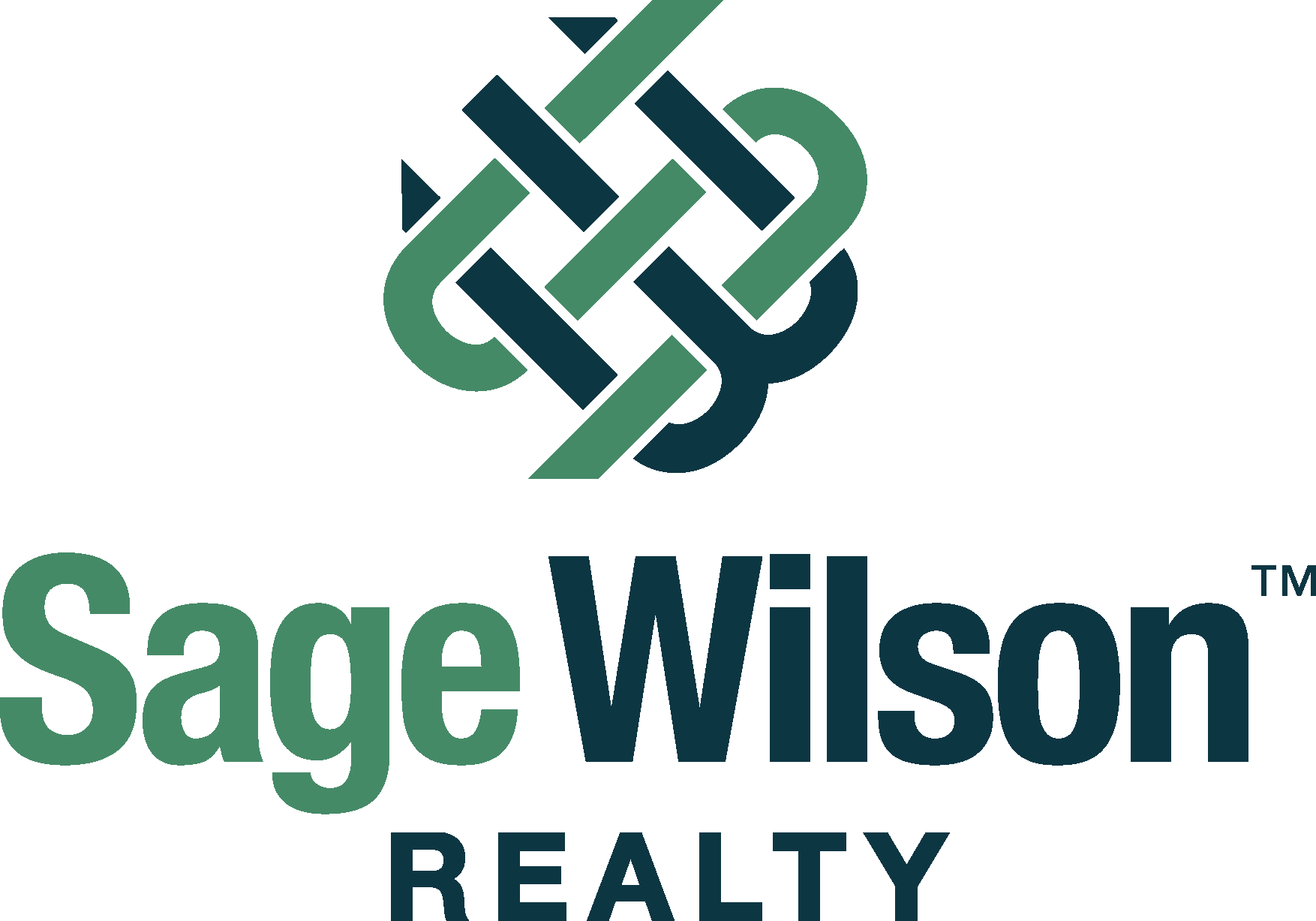If you’re ready to buy a home, look no further! It’ll be an exciting time taking such a significant life change. Friends and family will offer their advice, but what worked for them might not work for you and the real estate market now. Here are some common home buying myths you’ll hear that aren’t true and will cost you time and money.
Home Buying Myth #1: You need 20% for a down payment
False! And also unrealistic in today’s market for many homeowners, as the average median home sales price is $480,000, according to the Austin Board of REALTORS®. For a 20% down payment, that would mean you would need $96,000. This is a large and daunting number for people. But don’t worry, it’s not true! Read our blog “How to Buy a Home Without a 20% Down Payment” here.
Many government-backed loans can be secured with as little as 3.5% down. Conventional loans also don’t require 20%, but less money down will mean you’d need to pay for private mortgage insurance. Private mortgage insurance will cost you 0.5% to 1% of your loan amount per year and is included as part of your mortgage.
Home Buying Myth #2: You should have a 30-year fixed-rate mortgage
Also false! While a 30-year fixed-rate mortgage is the most popular option because it means predictable and low payments, it doesn’t mean it’s right for every homeowner. Sometimes a 30-year mortgage could cost you more long-term.
If you want to pay off your mortgage quicker and can afford higher monthly payments, a 15-year fixed-rate loan could work better for you. A plus to this mortgage is a lower interest rate, which means paying lower interest for a shorter time so you save money.
An adjustable-rate mortgage could also be a good option if you don’t plan on living in the home for a long time. Most adjustable-rate mortgages will have low-interest rates during the initial fixed-rate period. It’s an option that saves you money unless you sell or refinance before the rate becomes variable. Then you could have a higher rate and monthly payments.
Home Buying Myth #3: You need good credit to buy a home
A good credit score will give you more favorable terms for your loan, but it’s not always needed. Depending on your loan and program, the lender might not even require a good credit score. In general, you can get a conventional mortgage with a credit score as low as 620. If it’s lower than 620, FHA loans require a minimum of 500. With a low credit score, you’ll need to make a larger down payment. But you don’t need to have exceptional credit to become a homeowner.
Myth #4: You don’t need a home inspection
In today’s competitive real estate market, many homebuyers are waiving home inspections to win bidding wars. While this strategy could help you win a home, it could give you a house with a lot of damage. Avoid homebuyer’s remorse by getting a home inspection. Many lenders require a home inspection, and for a good reason! Home inspections are designed to identify potential problems in the home plumbing leaks, foundational issues, mold, etc. Without a home inspection, you may lose your loan or end up purchasing a home that’s unsafe or highly damaged.
Myth #5: You only pay for a downpayment and closing costs
We wish this homebuying myth were true! Before buying a home, you will need to budget for a downpayment and closing costs, but don’t forget to include homeowners insurance, property taxes, HOA fees, moving trucks, and moving professionals. Most mortgage lenders will require you to have a homeowners insurance policy in place by closing. Costs for insurance will vary depending on the home’s value, location, condition, type of coverage, etc. Read about the “3 Big Expenses to Budget for Before Buying A House” here.
The lesson we hope you got from this blog post is to do your research! If you need help researching or creating a plan to buy a home, contact us!





